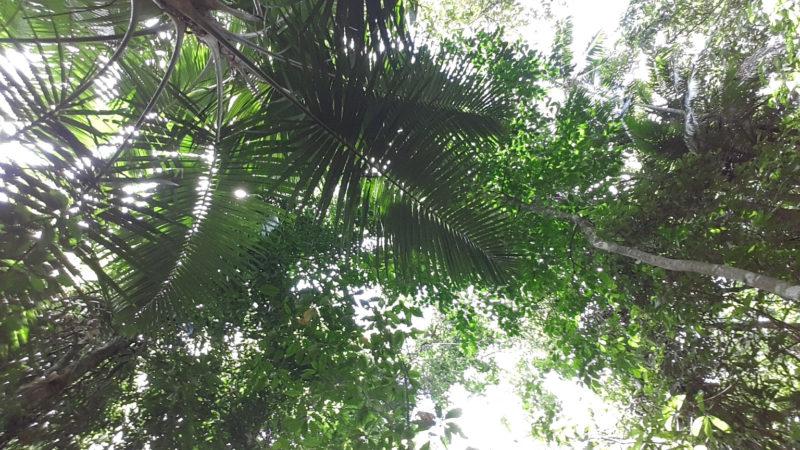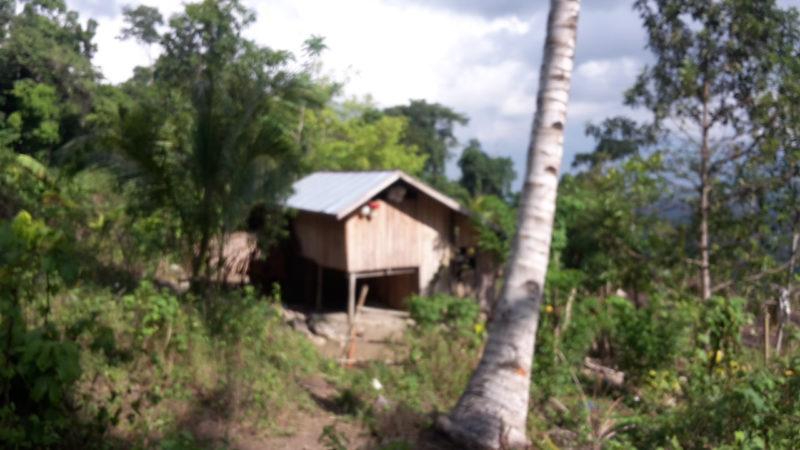
Christopher Klapperich
Rethinking Reforestation. Native Trees, New Narratives, and the Potential of Bottom-Up Landscape Transformations in the Philippines
Planting native trees has the potential to transform forest landscapes, but can it also transform forest narratives and practices in the Philippines?

Christopher Klapperich
The need for reforestation projects is almost ubiquitous in debates about climate change and biodiversity. In contrast, little attention is paid to the tree species that will ultimately make up future forests. Questions such as why certain tree species are used and what knowledge shapes the choice of tree species for reforestation projects are rarely touched upon. My project focuses on the perspectives on and use of native tree species in the Philippines, and their potential for transforming Philippine forest practices.
Native species are not common in reforestation programs in the Philippines. The majority of the past and present programs have used exotic tree species on account of them being fast-growing, easy to grow and available. Interestingly, native tree species have been described with the exact opposite attributes by environmental agencies and citizens. These perspectives – or environmental narratives – have prevailed since the colonial period, and have been continuously reproduced by governmental authorities. While deforestation rates are high and a majority of reforestation projects have failed, a growing number of actors have started questioning the success of exotic tree species, establishing networks advocating for native trees. By circulating seeds and knowledge, these networks make native trees accessible and, therefore, alternative future forests possible.
Adopting a multi-sited approach, and following scientists and civil society groups that advocate for the use of native tree species, this project aims to a) analyze the different perspectives, narratives, and bodies of knowledge that hinder and support the use of native trees, and b) understand the baselines, motives and future visions that underlay and shape reforestation practices in the Philippine archipelago.

